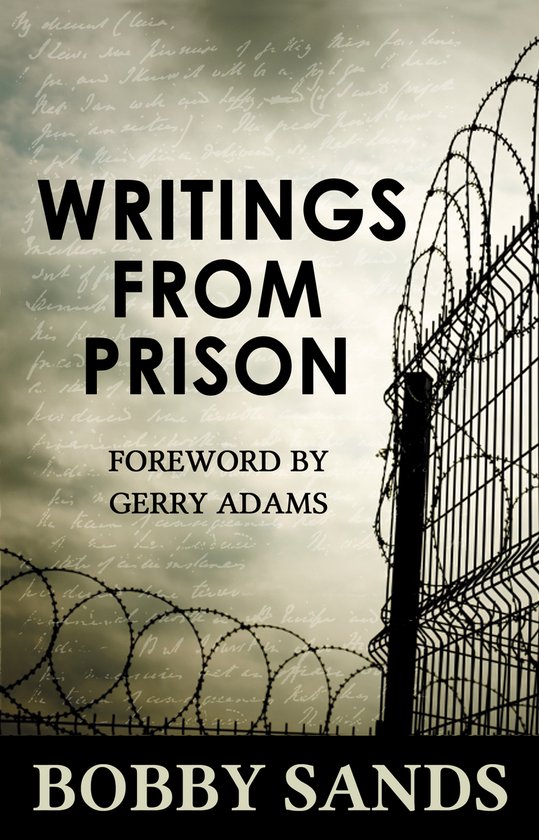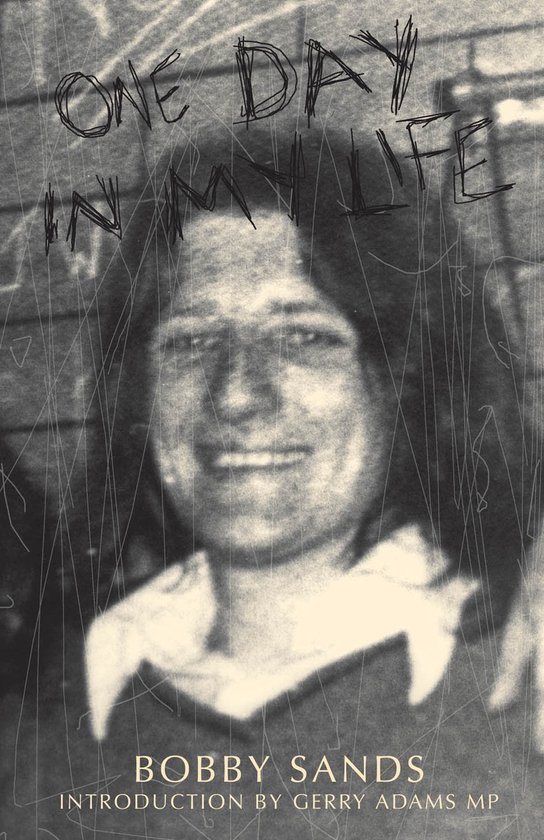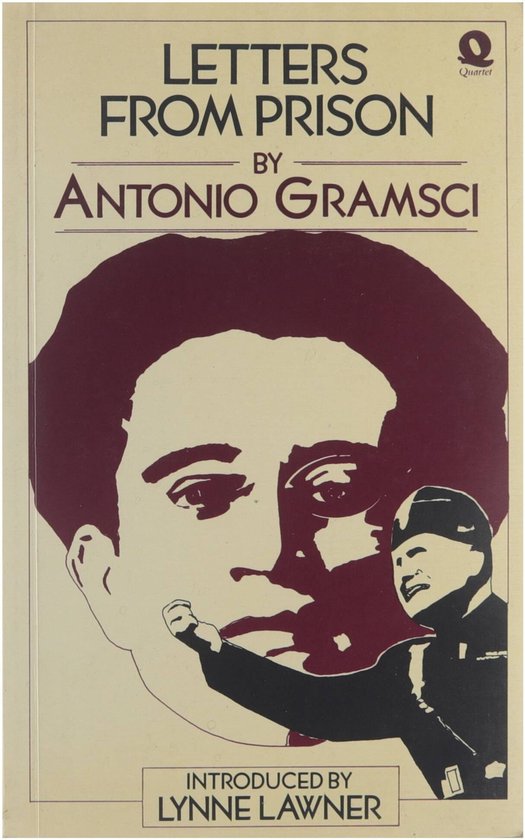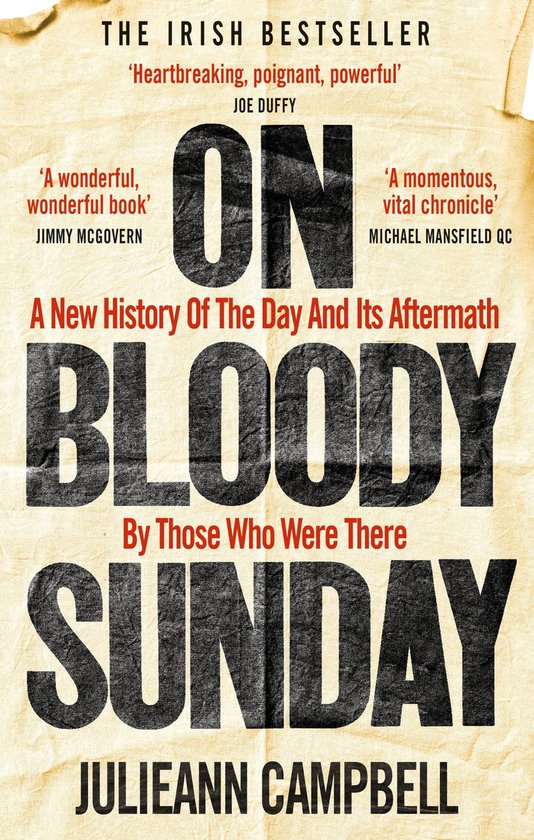
Writings From Prison
With dry humour, this book charts, in prose and poetry, one man's attempt to preserve his identity while in prison and on hunger strike.
Bobby Sands was twenty-seven years old and had been on hunger strike for sixty-six days when he died on 5 May 1981. The young IRA volunteer was world-famous by the time of his death, having spent the last nine years of his short life in prison and been elected, while still a prisoner, to the British parliament. The hunger strike was aimed at rebutting the British government’s attempts to criminalise the struggle for Irish freedom by changing Sands’ and his fellow cellmates’ status from political to criminal. While behind bars, Sands secretly wrote on toilet paper and cigarette papers with the refill of a cheap pen that he kept hidden inside his body. These writings were then smuggled out of the prison. With dry humour, they chart a man’s attempt to preserve his identity against appalling beatings, unimaginable filth, freezing cold and numbing boredom. In poetry and prose, he vividly evokes the enclosed hell of Long Kesh, the harassment and the humiliatingly invasive searches.
In this book the author chronicles the abuse by the British state of emergency laws: harassment and intimidation of civilians; injuries and deaths caused by rubber and plastic bullets; collusion between British security forces, British intelligence and loyalist paramilitaries; unjust killings and murders by the security forces; excessive punishments and degrading strip-searches in prisons – abuses ignored by all but a handful of individuals and civil rights organisations.
Bobby Sands was twenty-seven years old and had been on hunger strike for sixty-six days when he died on 5 May 1981. The young IRA volunteer was world-famous by the time of his death, having spent the last nine years of his short life in prison and been elected, while still a prisoner, to the British parliament. The hunger strike was aimed at rebutting the British government’s attempts to criminalise the struggle for Irish freedom by changing Sands’ and his fellow cellmates’ status from political to criminal. While behind bars, Sands secretly wrote on toilet paper and cigarette papers with the refill of a cheap pen that he kept hidden inside his body. These writings were then smuggled out of the prison. With dry humour, they chart a man’s attempt to preserve his identity against appalling beatings, unimaginable filth, freezing cold and numbing boredom. In poetry and prose, he vividly evokes the enclosed hell of Long Kesh, the harassment and the humiliatingly invasive searches.
In this book the author chronicles the abuse by the British state of emergency laws: harassment and intimidation of civilians; injuries and deaths caused by rubber and plastic bullets; collusion between British security forces, British intelligence and loyalist paramilitaries; unjust killings and murders by the security forces; excessive punishments and degrading strip-searches in prisons – abuses ignored by all but a handful of individuals and civil rights organisations.
| Auteur | | Bobby Sands |
| Taal | | Engels |
| Type | | Paperback |
| Categorie | | Mens & Maatschappij |



